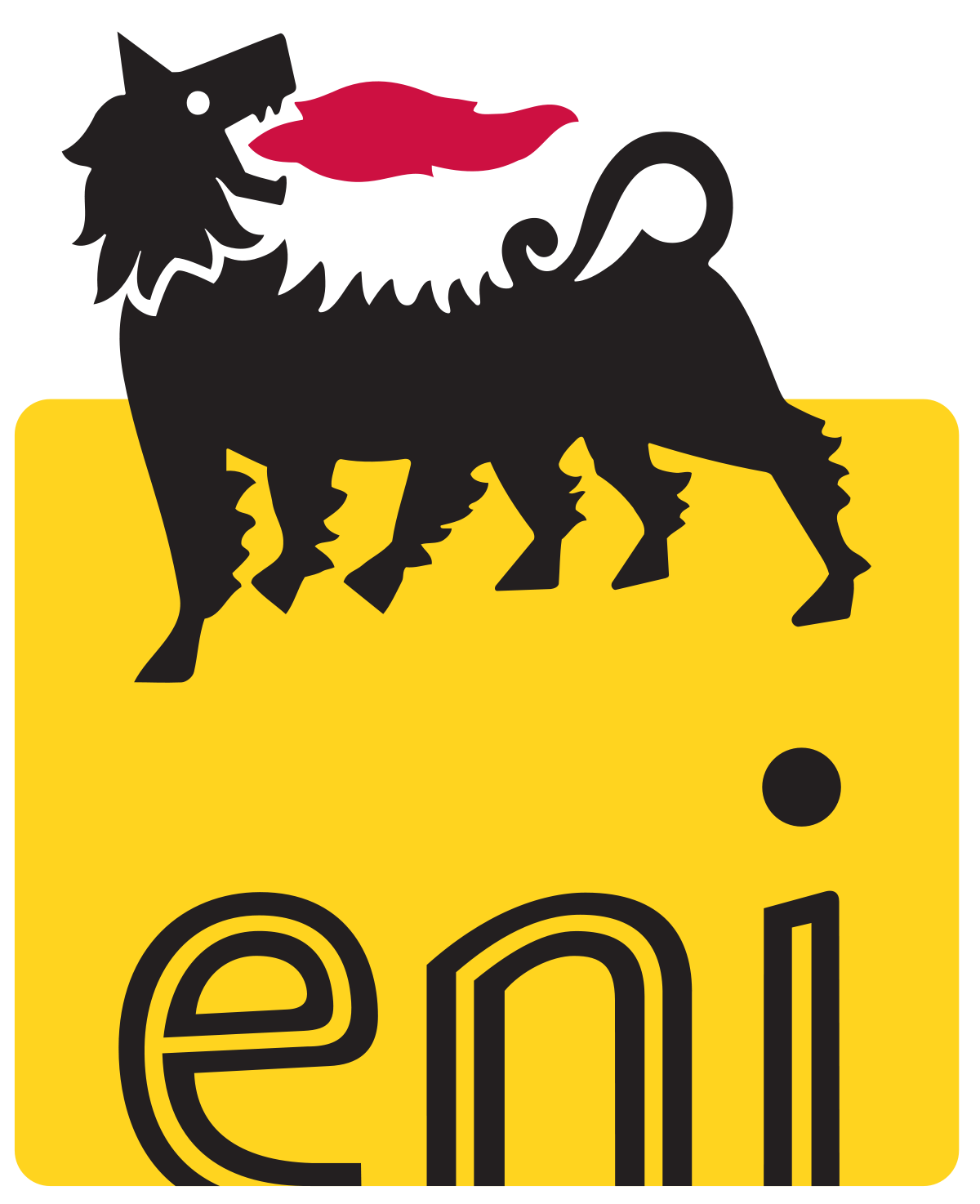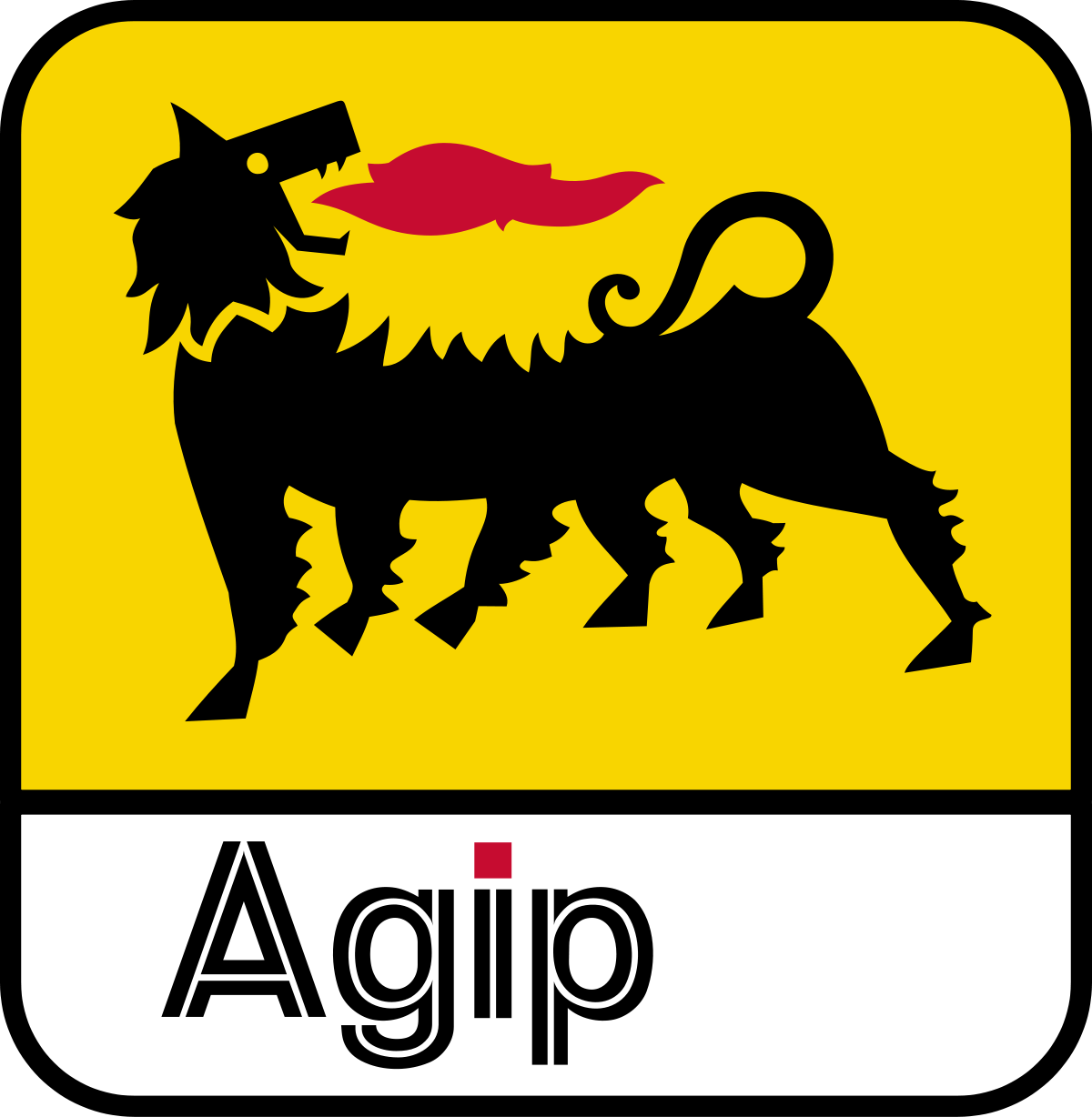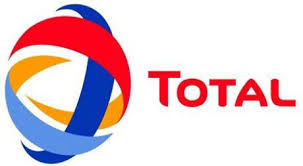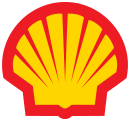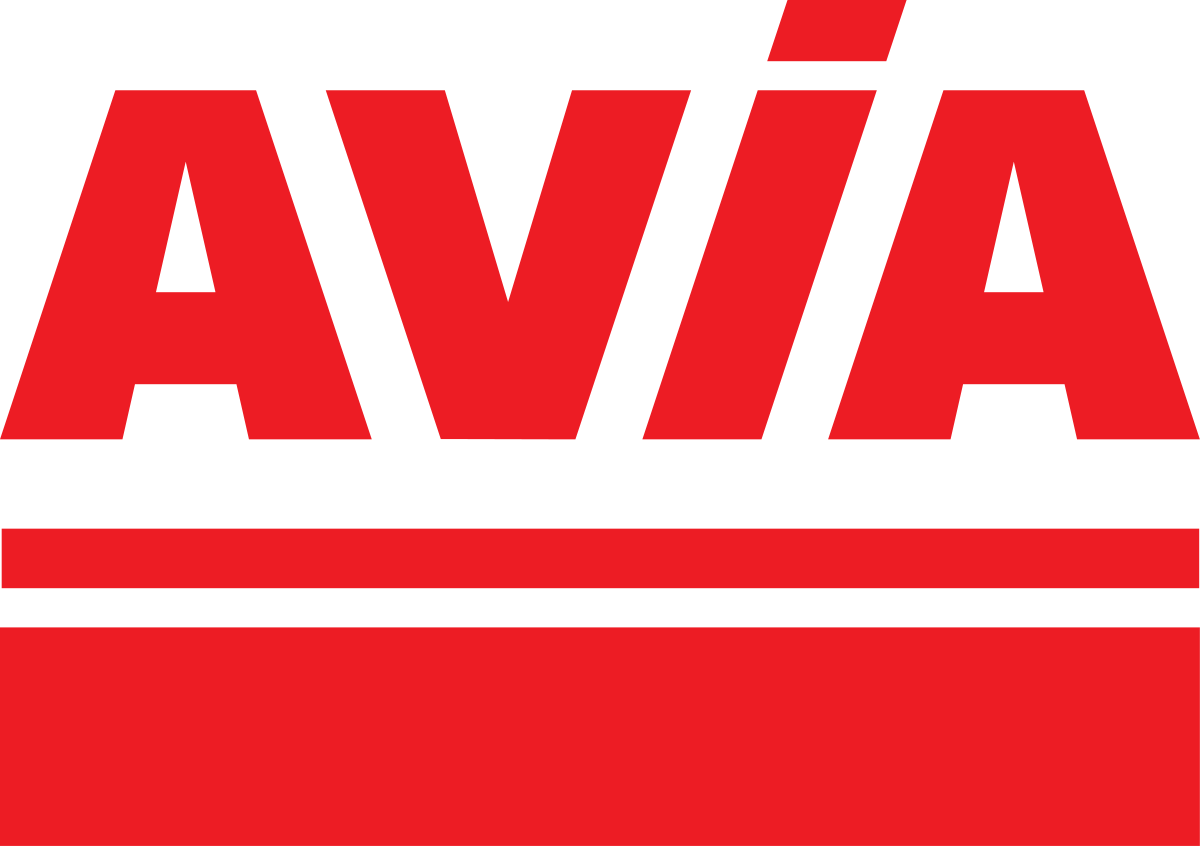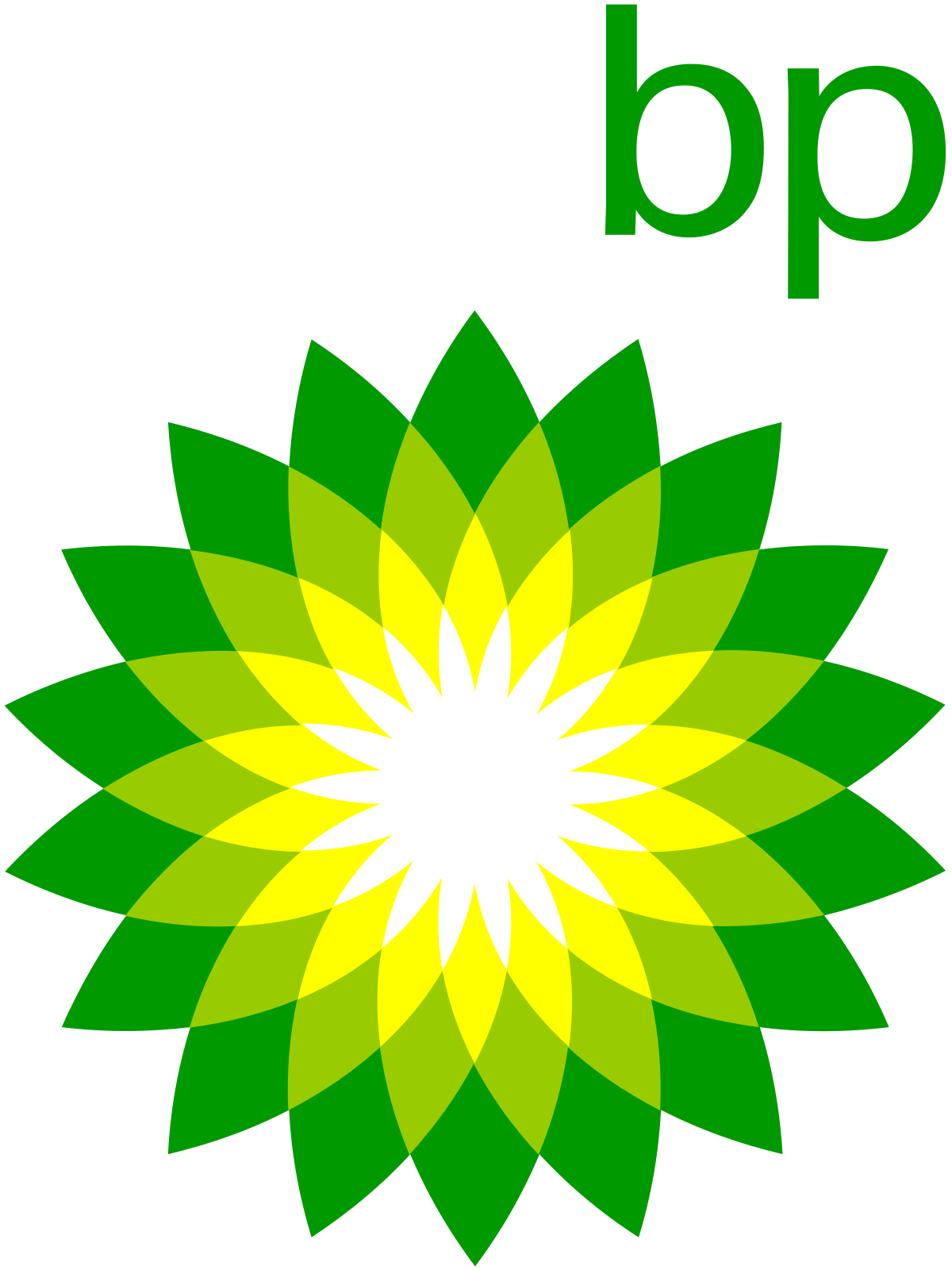Synthèse
Since 2020, the service station market has faced significant disruption due to the COVID-19 pandemic, with a marked drop in fuel demand, with closures resulting in a drop of over 50% in road fuel requirements compared with 2019. The market is undergoing a gradual transition with a growing number of electric vehicle charging stations, largely thanks to local authority initiatives. Supermarket networks are gaining market share, accounting for 62.9% of service stations in France by 2021, reducing the share of traditional networks.
Despite fluctuations in fuel prices, which reached 2 euros per liter in March 2022 due to the conflict between Ukraine and Russia, a trend towards normalization is emerging with the emergence of new sources of supply. New vehicle registrations in France are shifting towards gasoline and alternative energy sources, with gasoline-powered vehicles accounting for 57.9% of new registrations and hybrid and electric engines for the remaininglectrics accounted for 7.5%, underlining the transformation of the French vehicle fleet and the move away from diesel, which now accounts for just 34.1% of new vehicle registrations.
Impact of changing demand and trends on the French service station market
The French service station market has seen significant changes in demand and consumer trends in recent years. Service stations, traditionally a hub for refueling vehicles, have been confronted with a variety of influences, such as global oil prices, socio-political movements like the yellow vest protests, environmental concerns and the unprecedented pandemic of the COVID-19 virus.
In France, there have traditionally been two main networks: oil groups and independents, known as traditional networks, and supermarket networks, which include hypermarkets and supermarkets. The fortunes of the latter have varied according to changes in demand and consumption patterns.
Sales of road fuels in France fell slightly, with a significant drop in diesel volumes, although gasoline volumes increased. Worldwide, North America became the largest market for petroleum products in 2020, followed by Europe. France is the second largest consumer in Europe, but faces market consolidation with a fraction of service stations compared to Italy, Germany and Spain. The year 2019 saw a stabilization of fuel consumption in France, thanks to the parallel increase in registrations of gasoline-powered vehicles, which have demonstrated their ecological and urban transport efficiency compared with diesel. This trend is also reflected in new car registrations, with hybrid and electric vehicles now accounting for a significant proportion.
In terms of traffic, although diesel is still in the majority, the share of petrol engines is increasing due to the negative environmental implications associated with diesel engines. In the landscape of regulatory influences, the introduction of Directive (EU) 2020/262 has put in place a framework for excise duties on energy products, requiring compliance from operators within the French service station market. This compliance is dictated by the quantity distributed, and entails administrative sanctions in the event of infringement.
Against the backdrop of the pandemic, 2020 saw a significant drop in demand for road fuels. Supermarket networks succeeded in increasing their market share, which consolidated to reach around 60-65% in 2021, while traditional networks experienced a decline.
Despite this challenging environment, service stations have been encouraged to diversify, incorporating a wide range of services such as electric charging stations, vehicle rental and retail offerings. The market sees innovation as essential to guard against changing consumer preferences, technological change and other market disruptions.
Fuel price trends also remain a key factor. Retail prices are heavily influenced by volatile crude oil costs, taxes and distributor margins.
Key players shaping the service station landscape
The service station market is a dynamic arena, where well-established oil giants, independent refiners and distribution tycoons rub shoulders. These entities collectively define the contours of the industry, each bringing their own strengths and strategies to bear on the varied needs of motorists and shaping the consumer experience.
Oil groups: Industry behemoths
- Total: A testament to longevity and adaptability, Total is a titan of the petroleum sector, with its vast network of service stations spread across the globe. Beyond fuel distribution, Total emphasizes sustainable practices and the advent of electric vehicles as part of its commitment to the energy transition.
- BP: British Petroleum, better known as BP, combines tradition and innovation. It brings a strong heritage to the market and is recognized for the quality of its petroleum products and services - while enthusiastically exploring energy solutions in tune with the changing environmental landscape.
- Exxon Mobil: Renowned for its scale and operational excellence, Exxon Mobil is a key player in the production and marketing of petroleum fuels. Its brand is synonymous with quality and reliability, enabling it to appeal to a broad base of consumers seeking reliable fuel solutions.
- Shell: A global player, Shell has a strong presence and its service stations provide a one-stop shop for refuelling, retailing and automotive services. Shell's commitment to new energy solutions and customer-oriented services keeps it at the forefront of the industry.
Independent refiners and distributors
- ineos: Independent refiners like Ineos bring a strategic advantage to the market, leveraging flexibility and specialized offerings to attract consumers looking for alternatives to traditional fuel options.
- Pycoty, Dyneff, Thevenin: These independent distributors stand out by focusing on customer service and niche markets. They manage to carve out a niche in the industry, often catering to unique consumer needs that the big chains might overlook.
Supermarket giants: Champions of convenience
- Carrefour, Auchan, Casino: supermarket networks represent the convergence of convenience and accessibility. These retail heavyweights have a strong presence in the fuel retail market, combining everyday shopping with the convenience of refueling. Their competitive fuel prices and strategic locations in shopping complexes reinforce their position among budget- and time-conscious consumers.
Together, these diverse businesses reflect the multiplicity and competitive nature of the service station market.
à la compréhension de ce marché
Détail du contenu
 Informations
Informations
- Nombre de pages : 30 pages
- Format : Version digitale et PDF
- Dernière mise à jour : 23/09/2022
 Sommaire et extraits
Sommaire et extraits
1 Market overview
1.1 Definition and scope of study
- Traditional networks: oil groups, independent distributors, independents outside the network.
- Supermarket networks: hypermarkets and supermarkets.
1.2 The global service station market
At the global level, the most developed market in **** will be North America, which will consume almost **% of petroleum products, compared with **% in Europe.
Breakdown of global demand for petroleum products World, ****, in Source: ****
In Europe, France is the second largest market for petroleum products (***). Total demand in the European Union ...
1.3 The French service station market
The total number of service stations in France is falling slightly. Over the period ****-****, the number of service stations in France fell by *.**%, as shown in the graph below. One of the explanations for this decline is the drop in demand for fuel by French motorists.
French service station fleet France, ...
1.4 The impact of Covid-19 on the service station market
The Covid-** pandemic has had a major impact on fuel demand. Demand has fallen considerably during the various confinements, particularly during the first, where demand is down by more than **% compared with ****.
Impact of Covid-** on demand for road fuels France, ****-****, in thousands of cubic meters Source: ****
2 Demand analysis
2.1 Fuel consumption in France
After years of increases, road fuel consumption saw a decline in ****, coinciding with the yellow vest crisis and higher taxation over the period. In addition, fuel consumption in **** plummeted by **%, due to the health crisis and the restrictions that followed. The various lockdowns, school closures and massive use of telecommuting all ...
2.2 Breakdown of fuel sales in France
In ****, total sales of road fuels in mainland France remained stable compared with ****, against a backdrop of equally stable prices. After four consecutive years of increases, they had fallen significantly in ****, due, on the one hand, to the consequences of the end-of-year "yellow vests" protests and, on the other, to rising ...
2.3 The transformation of the French car fleet
The French car fleet is one of the largest in Europe, with ** million vehicles, of which almost ** million are on the road. However, new registrations are quite low: only *.** million new cars were registered in **** and *.** million in ****. As can be seen from the following graph, although this figure has been ...
2.4 Traffic in mainland France
In ****, traffic on the road network in mainland France reached *** billion vehicle kilometers . This figure has been rising steadily since **** (***), although it has tended to stabilize since ****. Foreign vehicles account for almost *% of traffic. Focusing solely on the French-flagged car segment, it can be seen that diesel cars account for **.*% of ...
3 Market structure
3.1 Value chain
3.2 Market breakdown
Regarding market distribution, Total, Avia, and Shell account for more than half of all service stations on freeways and expressways (***). The distribution is pretty concentrated around the main players. Unfortunately, we have no more recent figures on this distribution.
Distribution of service stations on freeways and expressways France, ****, in Source: ****
The ...
3.3 Supermarkets at the heart of fuel distribution
There has been a decline in the market share of traditional networks to the benefit of supermarkets. Between **** and ****, the percentage of conventional networks fell by *.*% in France, as shown in the graph below. **** the breakdown will be **.*% GMS and **.*% traditional networks. Service station market share France, ****-****, in Source: ****
4 Offer analysis
4.1 Fuel supply typology
The range of fuels on offer is complex. Nevertheless, a European Commission decision in **** introduced harmonized trade names for the different types of fuel sold at service stations.
Diesel
There are three types of diesel fuel, commonly known as gasoline:
B*: standard diesel, the most widely used. B**: a new form ...
4.2 Trends in fuel prices at the pump
Evolution of fuel prices at the pump France, **** - ****, €/liter Source: ****
Pump prices (***) and distributor margins. It should be noted that taxes account for almost **% of the selling price of fuels. As can be seen from the following graph, TICPE alone accounts for **% of the pump price and VAT for *.*%.
We ...
4.3 Innovation at the heart of service station renewal
Faced with changing consumer habits (***) and the emergence of the electric car as a credible alternative, service stations are finding it necessary to flesh out their value proposition, which previously revolved solely around fuel. Today, it seems necessary for service stations to integrate charging stations for electric cars. The graph below ...
4.4 The range of services offered at service stations
In addition to fuel sales, which are the core value proposition of service stations, these establishments offer a wide range of complementary or ancillary services.
5 Regulations
5.1 A specific tax system for petroleum products
Directive (***). This directive recasts Directive ****/***/EC of December **, ****. It came partially into force on March **, ****, and will be fully implemented on February **, ****, when Directive ****/***/EC will be repealed. Directive ****/**/EC, which is specific to energy products, sets minimum levels of taxation and, under certain conditions, exemptions or differentiated taxation rates. In ...
5.2 The current regulatory framework
Heading **** of the classified facility nomenclature, created by decree no. ****-*** of April **, ****, classifies the facility's distribution activity according to the annual quantity and fuel type distributed. ICPE regulations apply from *** m* per year.
Facilities dispensing an annual fuel volume over *** m* of petrol or *** m* in total, but less than ...
6 Positioning the players
6.1 Market segmentation
- ENI Gaz & Power Groupe
- Agip France (ENI group)
- Total Energies
- Total special fluids
- Carrefour Groupe
- Shell
- Casino Groupe
- Exxonmobil Chemical France
- AVIA International
- BP Britisch Petroleum
- E.Leclerc Stations Service
- Dyneff
 Liste des graphiques
Liste des graphiques
- Consommation de carburants routiers
- Répartition de la demande mondiale de produits pétroliers
- Nombre de stations-service par pays en Europe
- Répartition de la demande européenne de produits pétroliers
- Parc français des stations services
Toutes nos études sont disponible en ligne et en PDF
Nous vous proposons de consulter un exemple de notre travail d'étude sur un autre marché !
Dernières actualités
Entreprises citées dans cette étude
Cette étude contient un panorama complet des entreprises du marché avec les derniers chiffres et actualités de chaque entreprise :
 Choisir cette étude c'est :
Choisir cette étude c'est :
Accéder à plus de 35 heures de travail
Nos études sont le résultat de plus de 35 heures de recherches et d'analyses. Utiliser nos études vous permet de consacrer plus de temps et de valeur ajoutée à vos projets.
Profiter de 6 années d'expérience et de plus de 1500 études sectorielles déjà produites
Notre expertise nous permet de produire des études complètes dans tous les secteurs, y compris des marchés de niche ou naissants.
Notre savoir-faire et notre méthodologie nous permet de produire des études avec un rapport qualité-prix unique
Accéder à plusieurs milliers d'articles et données payantes
Businesscoot a accès à l'ensemble de la presse économique payante ainsi qu'à des bases de données exclusives pour réaliser ses études de marché (+ 30 000 articles et sources privées).
Afin d'enrichir nos études, nos analystes utilisent également des indicateurs web (semrush, trends…) pour identifier les tendances sur un marché et les stratégies des entreprises. (Consulter nos sources payantes)
Un accompagnement garanti après votre achat
Une équipe dédiée au service après-vente, pour vous garantir un niveau de satisfaction élevé. (+33) 9 70 46 55 00
Un format digital pensé pour nos utilisateurs
Vous accédez à un PDF mais aussi à une version digitale pensée pour nos clients. Cette version vous permet d’accéder aux sources, aux données au format Excel et aux graphiques. Le contenu de l'étude peut ainsi être facilement récupéré et adapté pour vos supports.
 Nos offres :
Nos offres :
the gas station market | France
- Quels sont les chiffres sur la taille et la croissance du marché ?
- Quels leviers tirent la croissance du marché et leur évolution ?
- Quel est le positionnement des entreprises sur la chaine de valeur ?
- Comment se différencient les entreprises du marché ?
- Données issues de plusieurs dizaines de bases de données
Pack 5 études (-15%) France
- 5 études au prix de 75,6€HT par étude à choisir parmi nos 800 titres sur le catalogue France pendant 12 mois
- Conservez -15% sur les études supplémentaires achetées
- Choisissez le remboursement des crédits non consommés au terme des 12 mois (durée du pack)
Consultez les conditions du pack et de remboursement des crédits non consommés.
- 01/03/2024 - Mise à jour des données financières de l'entreprise Casino Groupe
- 04/02/2024 - Mise à jour des données financières de l'entreprise Total special fluids
- 28/01/2024 - Ajout des informations de l'entreprise Dyneff
- 04/11/2023 - Mise à jour des données financières de l'entreprise Casino Groupe
- 02/10/2023 - Mise à jour des données financières de l'entreprise Total special fluids
- 03/08/2023 - Mise à jour des données financières de l'entreprise Casino Groupe
- 14/06/2023 - Mise à jour des données financières de l'entreprise Total special fluids
- 02/05/2023 - Mise à jour des données financières de l'entreprise Casino Groupe
- 27/04/2023 - Mise à jour des données financières de l'entreprise BP
- 16/03/2023 - Ajout des informations de l'entreprise E.Leclerc Stations Service
- 09/03/2023 - Mise à jour des données financières de l'entreprise Total special fluids
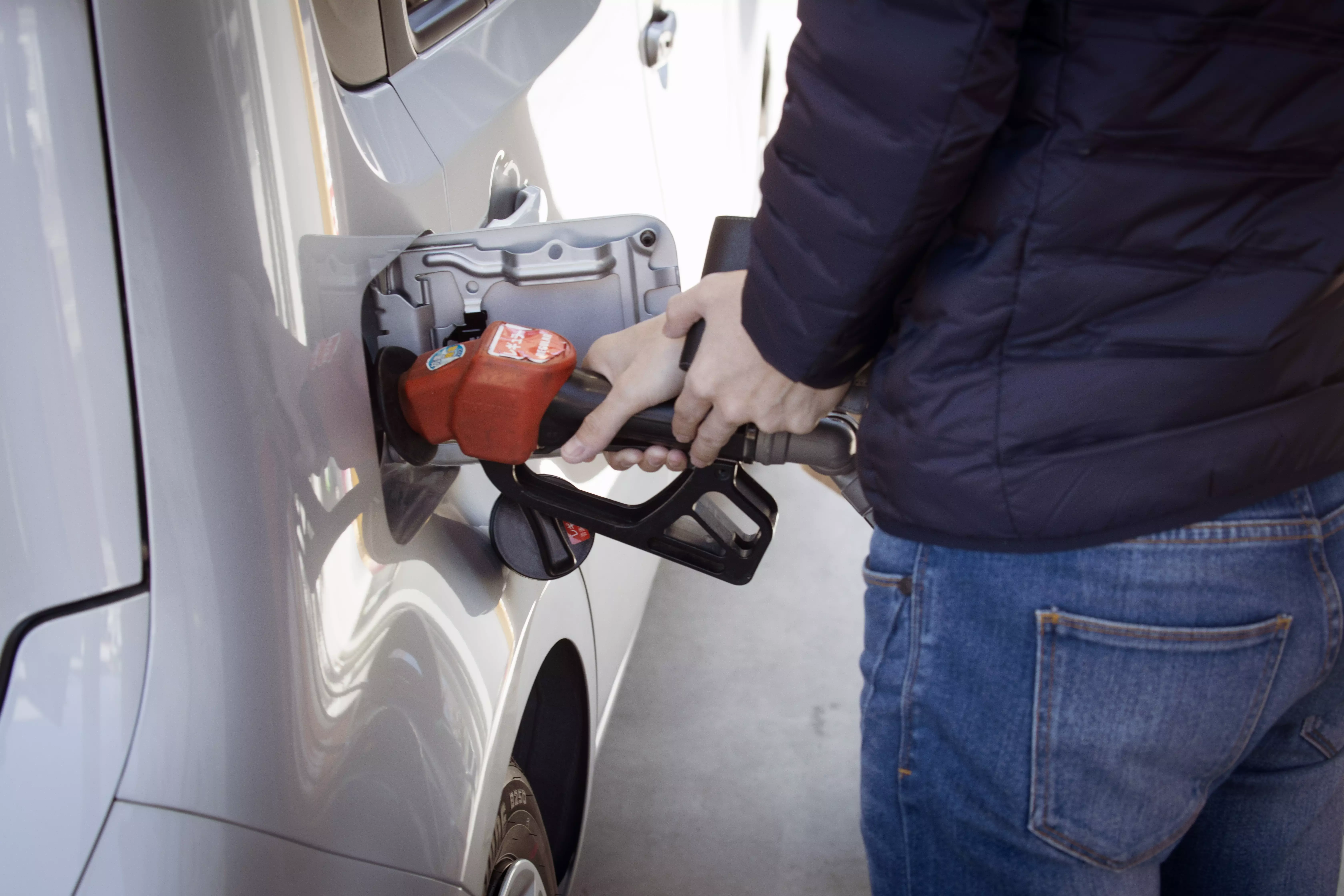




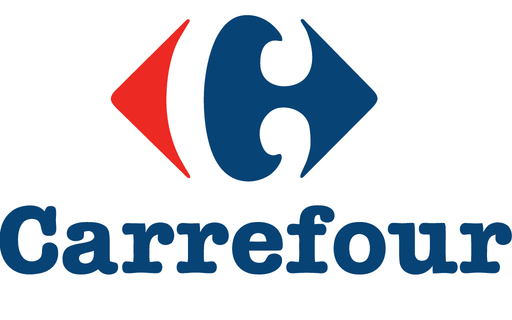 Carrefour a basculé dans le modèle plus dynamique de la franchise - 21/02/2024
Carrefour a basculé dans le modèle plus dynamique de la franchise - 21/02/2024
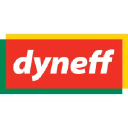 Avec CPA, le fournisseur d'énergie Dyneff renforce sa présence dans le Nord - 28/01/2024
Avec CPA, le fournisseur d'énergie Dyneff renforce sa présence dans le Nord - 28/01/2024
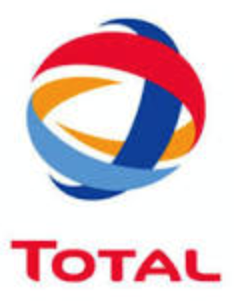 Stations-service : TotalEnergies finalise son accord avec Couche-Tard pour 3,4 milliards d'euros - 04/01/2024
Stations-service : TotalEnergies finalise son accord avec Couche-Tard pour 3,4 milliards d'euros - 04/01/2024
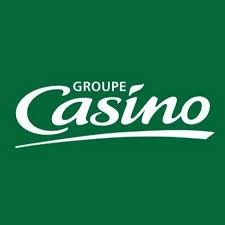 Casino : Intermarché et Auchan emportent la mise - 18/12/2023
Casino : Intermarché et Auchan emportent la mise - 18/12/2023
